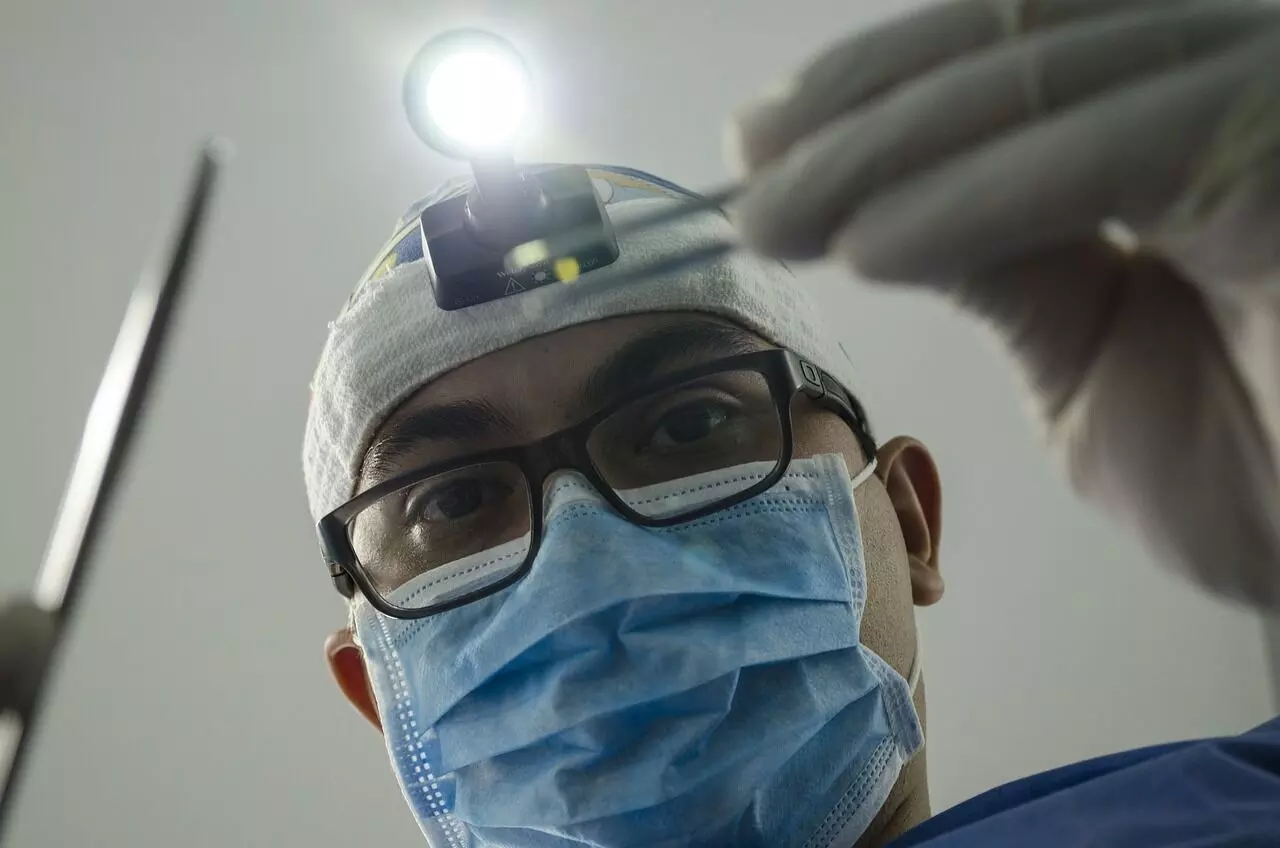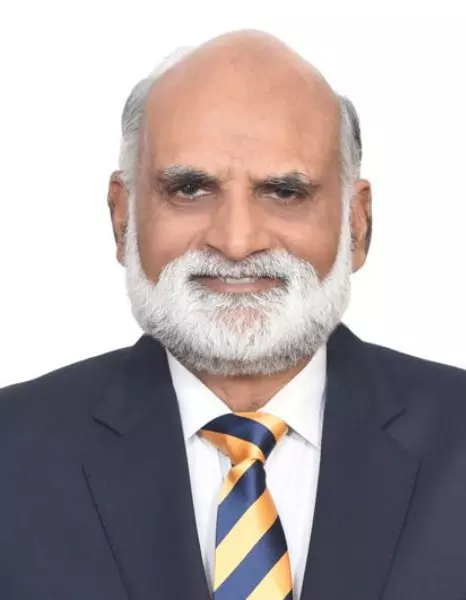Yeoman’s Service to Humankind
Doctors, in line with ancient wisdom and used to modern sacrifices, carry the divine duty of healing—braving diseases and death with courage and a calling rooted deep in dharma

If there is one profession that has a direct relationship with the human body—it is undeniably that of the doctors. Their noble deeds of providing relief, ensuring a good and healthy passage of life, to my mind is the most important contribution any external factor can make to our physical self. The term “doctor” first emerged in the early 14th century, initially referring to eminent theologians qualified to teach religious doctrine and explain church teachings. It later expanded to encompass scholars holding a Doctor of Philosophy (Ph.D.) degree and, eventually, medical practitioners. The use of “doctor” to specifically denote a physician became more common in the 17th century, particularly with the rise of medical schools. However, the profession has a history since time immemorial—in India, its earliest concepts are set out in the Vedas, especially in the metrical passages of the Atharvaveda (dating back to the 2nd Millennium BCE). The golden age of Indian medicine, from 800 BCE until about 1000 CE, was marked especially by the production of the medical treatises known as the Charaka-samhita and Sushruta-samhita (foundational texts in the field of Ayurveda) attributed respectively to Charaka, a physician, and Sushruta, a surgeon. Estimates place the Charaka-samhita in its present form as dating from the 1st century CE, although there were earlier versions. The Sushruta-samhita probably originated in the last centuries BCE and had become fixed in its present form by the 7th century ce. There are also the treatises attributed to Vagbhata, with the later writings on Indian medicine based on these above-mentioned works.
In our Vedic scriptures, the concept of a holistic approach towards well-being was clearly mentioned; it was based on the sewa bhaav and the principle of dharma, this was the nature of our medical practitioners then, and it continues to this day. While there are innumerable examples of this, two straight away come to my mind. The first was during the Covid-19 pandemic, when many hundreds and thousands of our doctors perished from the disease, because they refused to sit at home and reduce their exposure to the deadly virus. It was a stellar example of service before self. The second example was the recent air crash on a medical college that claimed the life of many promising medical students. Despite this extremely horrific development, we saw how the doctors and other medical staff provided critical and invaluable services; the grief of losing their own never stopped them from saving lives and providing crucial support. They were well aware of the fact that grief is something that is unavoidable, understanding that their gift of healing cannot be put on the backburner despite disastrous circumstances, and drawing supreme supernatural strength—like from our scriptures. In the Mahabharata, after Abhimanyu’s death in the Chakravyuha formation, Lord Krishna consoled Arjuna by reminding him of the transient nature of life and the importance of fulfilling one’s duty. Similarly, in the Bhagavad Gita, Lord Krishna says to Arjuna “Karmanye vadhikaraste, Ma Phaleshu Kada Chana” which translates to “You have a right to perform your prescribed duty, but you are not entitled to the fruits of action”, and duty they did, and like how! Their services were the ultimate tribute to those who perished. Grief is a natural and an inalienable part of life, but as humans, we have to lift each other, be brave in the face of the most unsettling developments, and live life with purpose. I must also add that the trauma of loss of life doesn’t end with the funeral for the family; it’s a permanent loss that doesn’t require sympathy, but empathy. We have to remember those who we have lost, and living with hope, together we will grieve, heal and carry on. It is this purpose that we find engrained in the doctor’s DNA—living life with unflinching dedication, miraculously mustering extraordinary mental strength day in and day out, investing long and grinding hours in conditions that sometimes compromise their own health, and always being mindful of their responsibility that their proactive interventions are the difference between happiness and sadness, hope and despair and between life and death.
July 1 is a day dedicated to the doctors, it’s our way of acknowledging their invaluable and incomparable contributions, it’s a day when we get a chance to say thank you for the work that they do, it’s a day we salute them and remind ourselves about how we are able to traverse health issues and come back to good health. In life, this community has demonstrated its unwavering commitment, dedication, persistence and resilience in providing service to humankind, and for this we are all grateful!
The writer is Chairperson, Advisory Council, Illness to Wellness Foundation. Views expressed are personal



